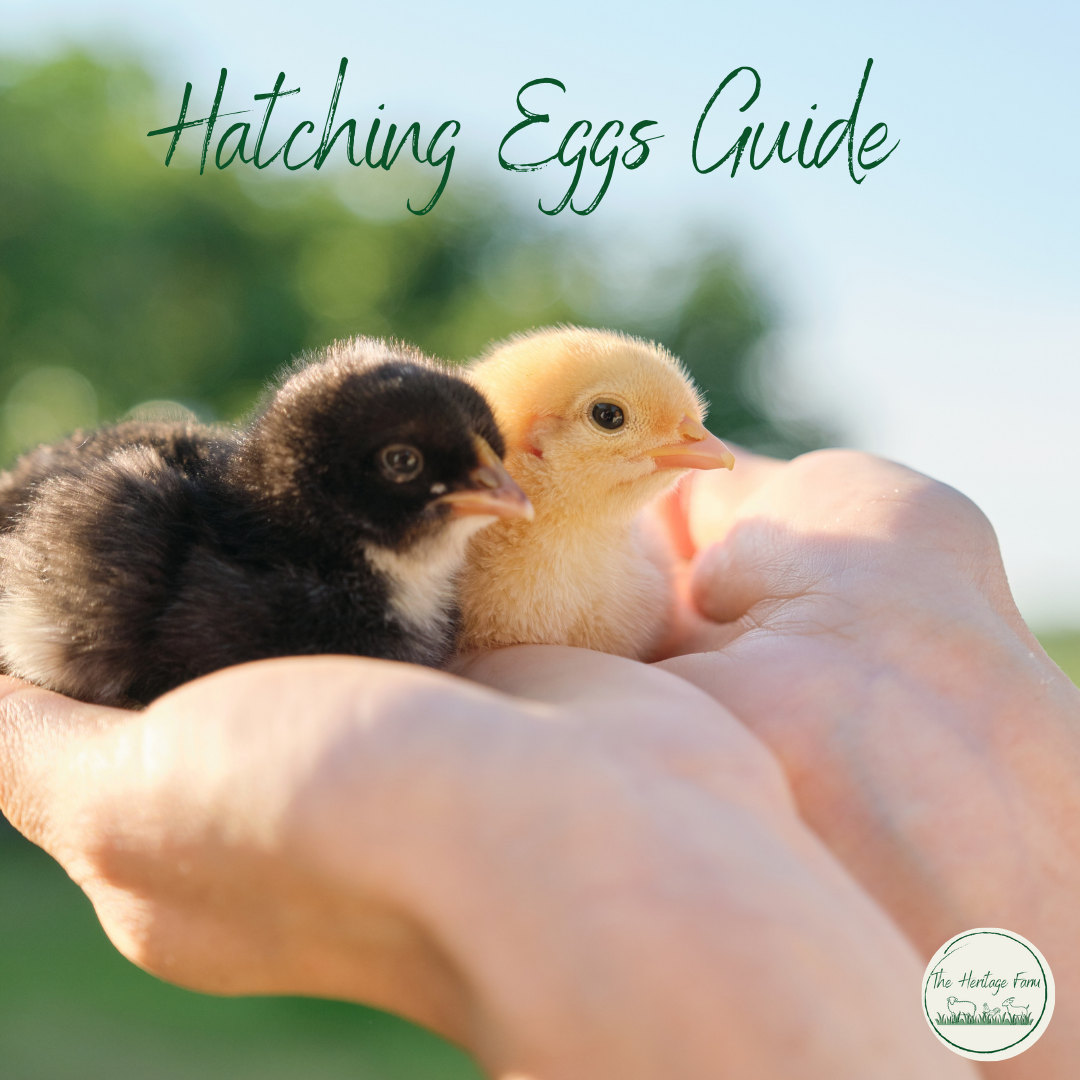|
Thinking of purchasing some fertilised eggs to hatch out your own chicks? At the Heritage Farm, we want you to have the highest chance of success with your hatchings as possible. That is why we have created this short guide which should hopefully help you maximise your chances of a successful hatch.
What is a successful hatch rate? Typically, people that get a 50% hatch rate will often call that a success. More than 50% is considered a bonus! Although the eggs must be fertile to start with, you control many factors that will either contribute to a successful hatch or will negatively impact your hatchings. What do you need to have for a good hatch rate?
0 Comments
Leave a Reply. |
Categories
All
Archives |









